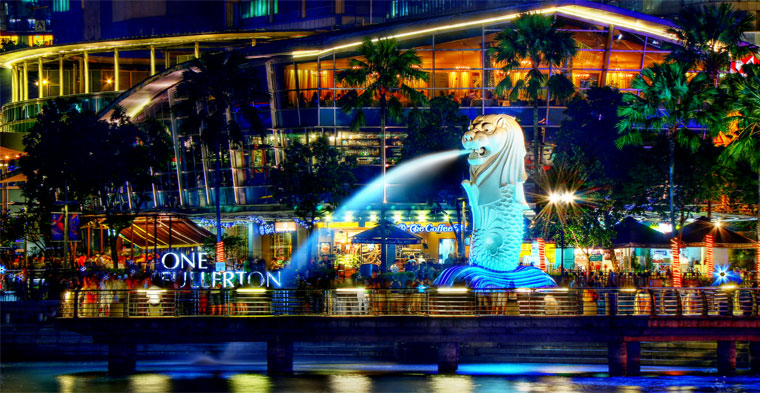Singapore has emerged as the most expensive city in the world with Zurich and Hong Kong tied in joint second place, according to the Worldwide Cost of Living Survey 2016 compiled by the Economist Intelligence Unit (EIU).
Singapore retains its title as the world’s most expensive city for a third year in a row.
The EIU measures the cost of living in cities by comparing them to the cost of living in New York.
According to researchers, the silver lining is that even though Singapore was the most expensive, the cost of living here, when compared to New York, was still 10 percent cheaper than was the case in the same survey a year ago.
Due to the rising US dollar, most cities have also become relatively cheaper when judged against cost of living in New York.
Some plus points of residing in Singapore include being offered value compared to other countries in the region.
General basic groceries are cheaper in Singapore than places in Seoul, Tokyo and Hong Kong, but on par with New York.
But for big ticket items such as car ownership, Singapore is the most expensive.
Singapore is also very expensive when it comes to buying clothes and paying for utility costs.
The report said:
Is the world getting cheaper?
Singapore retains its title as the world’s most expensive city for a third year in a row, but its lead over the next two cities in the ranking has nearly evaporated. Zurich and Hong Kong follow closely in joint second place, with Hong Kong climbing seven places up the ranking in the last 12 months. London, New York and Los Angeles also move up the ranking to 6th, 7th and 8th place, respectively, displacing Sydney, Melbourne and Oslo from the ten most expensive cities. New York and Los Angeles move up the ranking because of currency headwinds rather than significant local price rises. In fact, the opposite may be true. With the falling cost of oil and a strong US dollar pushing down prices, local inflation has been relatively low across the US. Despite this, New York is in its highest global position since 2002 and has risen by some 42 places up the cost of living ranking since 2011, when it was barely among the 50 most expensive cities, let alone the top ten.
[...]
Global prices have been depressed by commodity oversupply, especially oil. Meanwhile, bearish sentiment in China, Latin America and Europe have weighed on demand-side inflation. This has been compounded by a rise in retail competition from online or discount channels, which has had a further impact on prices. As a result, inflation has slowed across many cities, with deflation becoming increasingly prominent during the course of 2015. Given that the ranking uses New York as base city, most cities have also become relatively cheaper. Five years ago the average cost of living index of all the cities surveyed was 87.8% (with New York as 100). Last year this was 79.7%. In the last 12 months it has fallen to just 71.5%.
Despite topping the ranking, Singapore still offers relative value in some categories, especially compared with its regional peers. For general basic groceries, Singapore offers the same value as New York. This compares with Seoul, which is 33% more expensive, Tokyo (26%) and Hong Kong (28%), implying that value for money can be found by those who seek it. However, Singapore remains consistently expensive in other categories. It is the most expensive place in the world to buy and run a car, thanks to Singapore’s complex Certificate of Entitlement system. Transport costs in Singapore are 2.7 times higher than in New York. Alongside Seoul, Singapore is also a very expensive city in which to buy clothes and pay for utility costs.
Background of the survey
The annual survey compares more than 400 individual prices across 160 products and services. The prices include "food, drink, clothing, household supplies and personal care items, home rents, transport, utility bills, private schools, domestic help and recreational costs."
The survey helps finance and human resource managers to calculate cost-of-living allowances and compensation packages for expatriates and people who travel on business.
EIU researchers survey a range of stores - supermarkets, mid-priced stores and higher-priced speciality outlets - for over 50,000 individual prices every March and September.
You can download a copy of the report for free but you'd need to register first.
Top photo via
If you like what you read, follow us on Facebook and Twitter to get the latest updates.
If you like what you read, follow us on Facebook, Instagram, Twitter and Telegram to get the latest updates.
